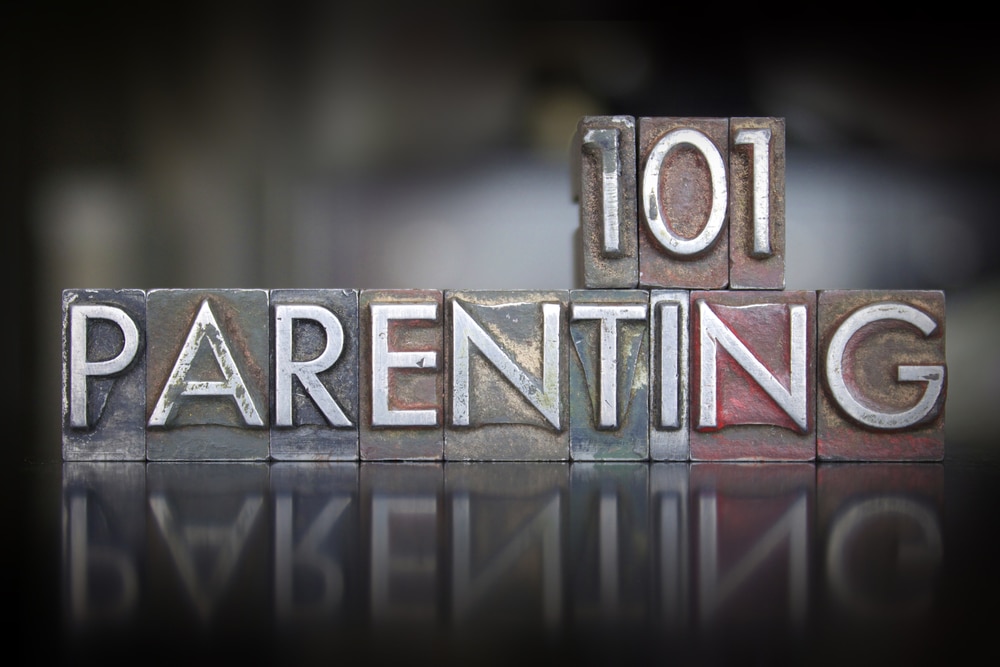
11 Jul Mandatory Parenting Classes in Divorces Involving Children
A divorce is often hard on not just the parents, but also the children involved. Parents have to deal with the problems of division of property and payment of alimony, as well as the time-intensive divorce litigation and the loss of a partner. Children, however, often have to face the new situation of a divided home, and often have to acclimate themselves to their new environment – a prospect that can come with many challenges on its own. To make matters worse, not every parent will properly take care of a child after a divorce. Some parents fail to put the needs of their child above their own. Thankfully, there are ways one parent can help the other parent attend mandatory parenting classes in Florida to improve their performance.
Under Florida law, all parents going through a dissolution of marriage which involves minor children (under the age of 18) are required to complete an approved 4-hour Parent Education and Family Stabilization course. The purpose of this course is to teach parents how to minimize the emotional impact of the divorce on their children and to train and assist the parents in applying the skills they have learned in their actual families. Both parents must take and complete the course independently; only after they have done this will the court grant the dissolution of marriage.
Some parents, unfortunately, fail to take the lessons they have learned from this parenting course into their real lives and attitudes towards their children. For example, some divorced parents may become (or continue to be) abusive or neglectful towards their children – leaving their children alone for long periods of time, or abuse them in a number of ways (from verbal to physical). Many times, if the abuse or neglect is severe enough, the other spouse can succeed in convincing a judge to revoke the joint custody rights of the parent that is at fault, thereby transferring sole custody of the child to the non-offending parent. Other times, however, the offense is not necessarily severe enough to warrant a complete revocation of parenting rights, and instead, a spouse can request that the other spouse be required to complete parenting courses due to a failure to properly take care of a child after the divorce.
The purpose of the parenting class is not to punish the abusive or neglectful parent (although this may be on the other parent’s mind during the proceedings). Instead, the goal is to educate the parent as to the most efficient and beneficial ways to care for a child whose parents are divorced, and to lessen the trauma and emotional impact on the child. These classes aim to train the parent and hone his or her parenting skills to fit this newly divorced situation. As a result, requiring a parent to take these classes can often have the ultimate desired impact: an improvement in the life and emotional state of the child or children.
What happens if we were never married, but I want the other parent to take the parenting course? If a parent wants to request that the other parent be required to take these extra parenting courses, there are several steps to take before this request can become a reality. First, it is crucial to consult with your attorney. He or she will be able to assess the situation and let you know what the best course of action to take will be. For example, an attorney may advise you to file for a protective time-sharing plan on the basis of the other parent’s offenses. However, the attorney may also recommend that you proceed with requesting parenting classes for the other parent.
Then your attorney will submit a “Petition to Modify Parental Responsibility” or a “Petition to Establish Parental Responsibility” with the courts, which will address some of the issues that you are having with your spouse and aim to prove why he or she is not taking proper care of the child or children involved. The petition will then state the end goal, which could range anywhere from requiring mandatory classes for the offending parent to requesting that visitation or custody rights be restricted. Ultimately, it will be up to a judge to decide on how to rule on the petition, and whether or not to continue to allow joint custody or require one parent to change his or her behavior.
Although divorce/separation combined with parenting can be challenging, it is important to consider that above all, it impacts the children.

